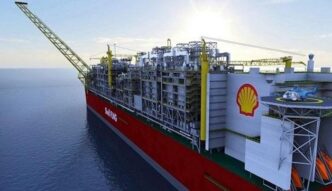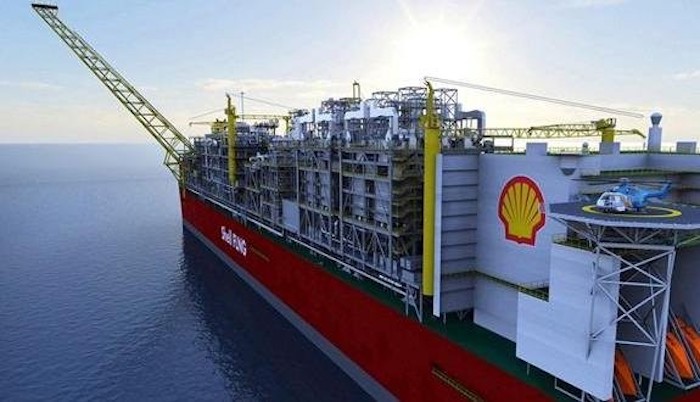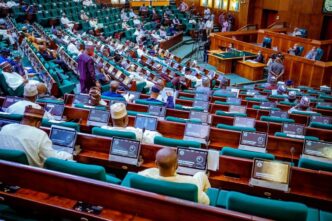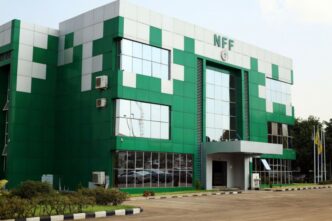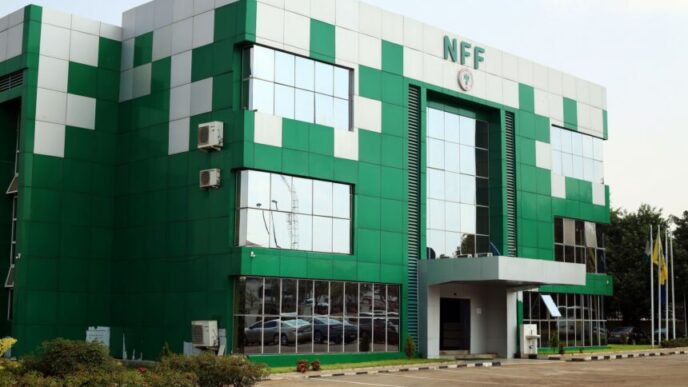President Bola Ahmed Tinubu has expressed strong approval of Shell’s decision to commit US$2 billion to a new gas development project in Nigeria, saying it marks a significant vote of confidence in the nation’s energy sector and broader reform agenda.
The project, located in the shallow offshore HI Field under the Oil Mining Lease (OML) 144, is part of a larger drive in Nigeria’s upstream oil and gas industry, which has seen multiple Final Investment Decisions (FIDs) totalling over US$8 billion in recent times. Tinubu described the move as a vindication of his administration’s efforts to open Nigeria further to both domestic and foreign investors.
“This major FID announcement by Shell, their second in one year, is a clear validation of our wide-ranging reform efforts and a signal to the world that Nigeria is fully open for business and investment,” the President said, according to a statement issued by his spokesperson, Bayo Onanuga.
Under this Non-Associated Gas (NAG) development, the HI Field is expected to produce about 350 million standard cubic feet of gas per day from 2028 — a volume nearly equivalent to a third of the feedgas requirement for NLNG Train 7. This latest FID also complements earlier ones in the Ubeta gas and Bonga North deepwater projects, making it the third major investment decision in the past 18 months.

Olu Arowolo Verheijen, the Presidential Special Adviser on Energy, said the twin FIDs for Ubeta and HI will cement the feedstock needed to make NLNG Train 7 a reality and contribute to Nigeria’s gas export capabilities. He added that the plans would also stimulate local supply, increase access to liquefied petroleum gas (LPG) domestically, reduce import dependence, and boost foreign exchange earnings.
Peter Costello, Shell’s Upstream President, affirmed the company’s commitment to Nigeria’s energy landscape. He emphasised that this investment aligns with Shell’s strategic interest in expanding its integrated gas portfolio, supporting Nigeria’s ambition to play a more prominent role in the global liquefied natural gas market.
Tinubu’s government has rolled out several reforms aimed at revitalising investor confidence in the energy sector. These include fiscal incentives for non-associated gas fields, streamlined approval processes, reduced contracting costs, and regulatory clarity. The HI Field development is being carried out under “Presidential Directive 40,” which introduced a competitive fiscal framework for onshore and shallow offshore NAG operations.
Analysts believe the announcement could trigger further gas-sector investments, strengthen Nigeria’s LNG export credentials, and support job creation and economic growth in host regions.


 Trending
Trending 
